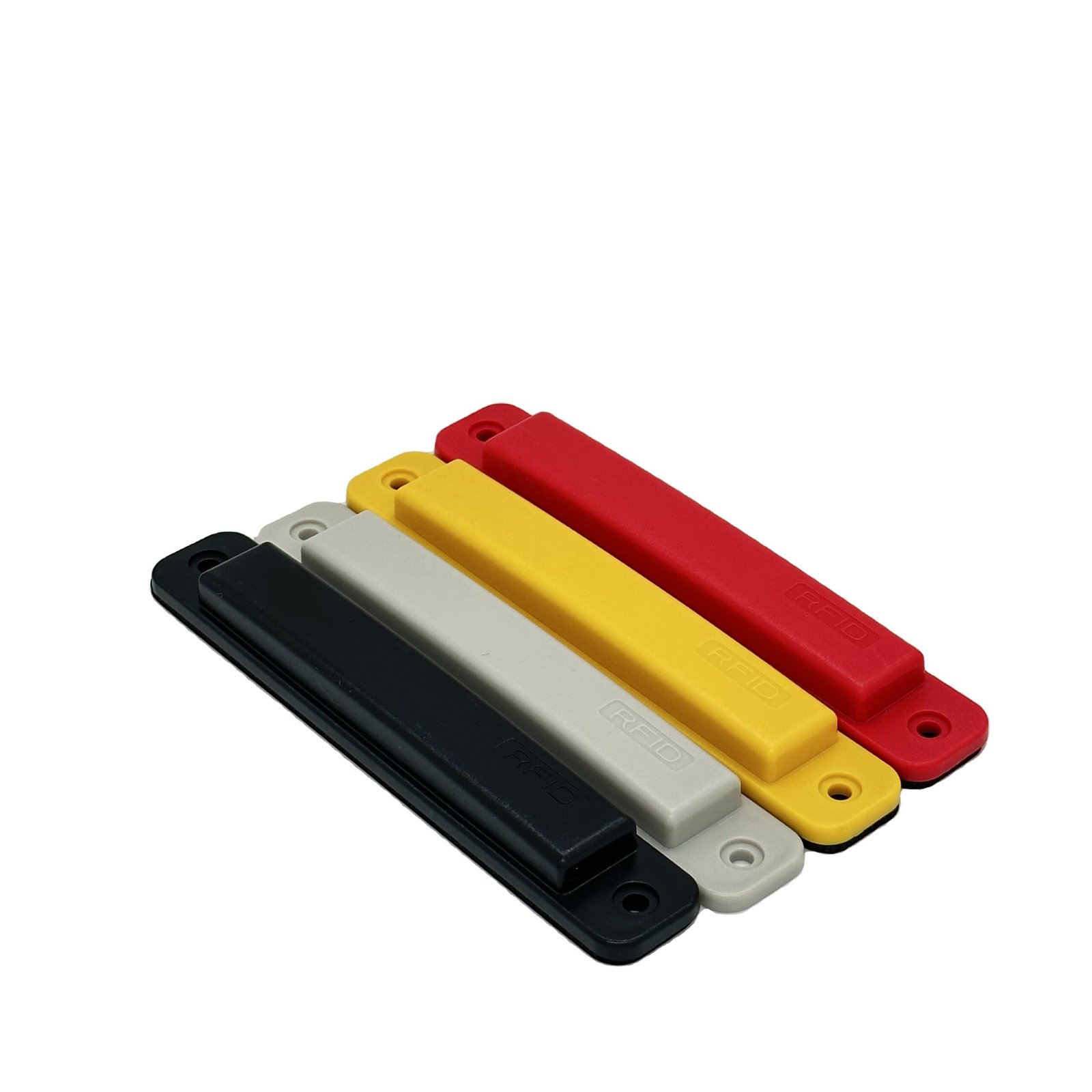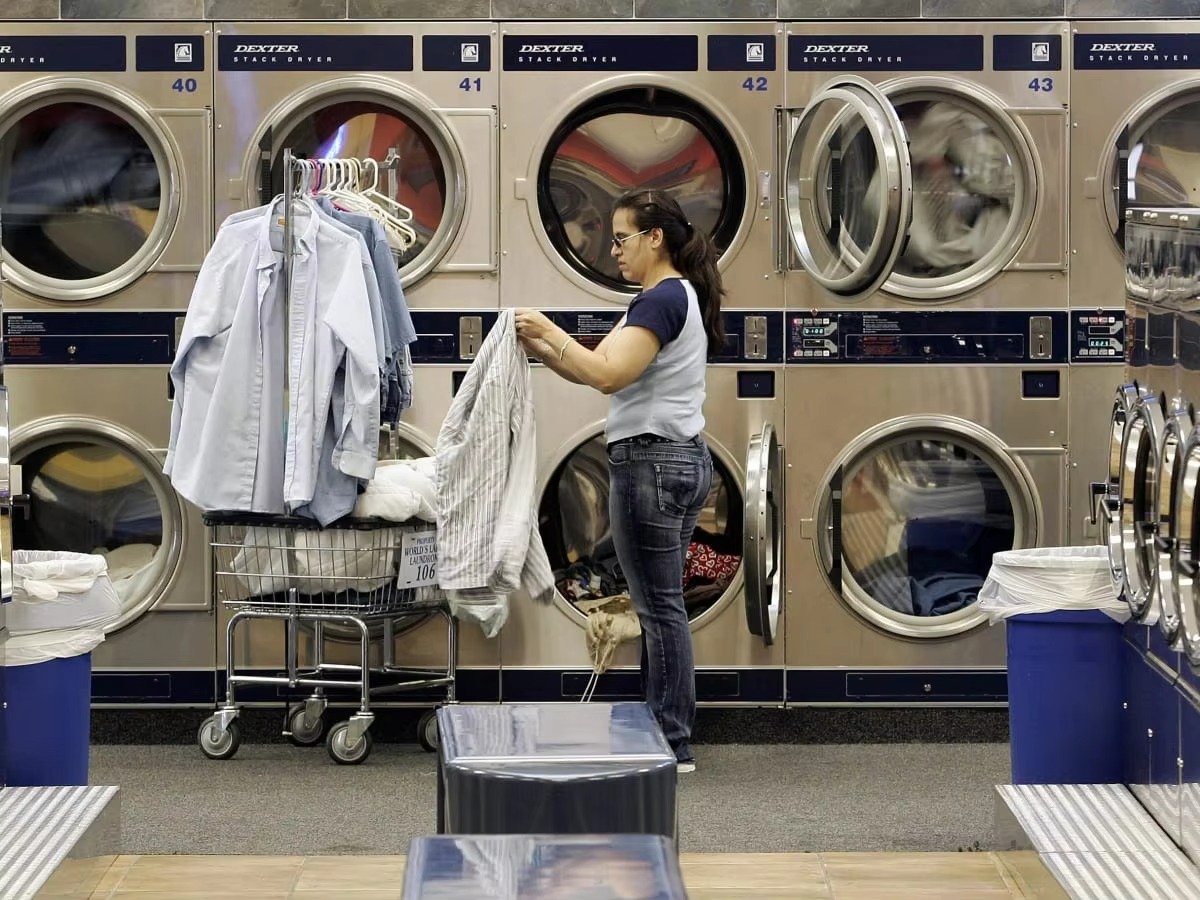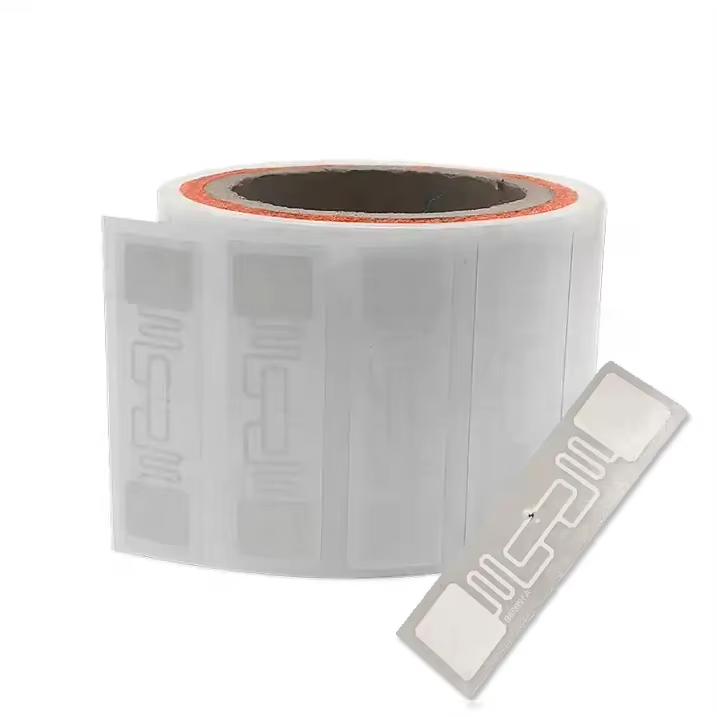
Benefits of Using RFID Anti-metal Tags in Tool Management
RFID anti-metal tags streamline tool management by enabling automated tracking, self-service borrowing, and enhanced efficiency across various industries.
One of the largest expenses of room occupancy in the hospitality industry is the growing cost of linen supplies. Hotels often face challenges in tracking linens when they are laundered by outside vendors or handled by guests. Storing enough extras and replacements takes up valuable space, and replacing high-quality linen can be expensive. By implementing RFID laundry tags on linens, hotels can efficiently account for them. These RFID tags are either sewn into the fabric’s label or attached to it and scanned using an RFID scanner for accountability. This system allows all concerned departments to view reports, benefiting:
In the hospitality industry, RFID laundry tags are encoded with information based on the hotel’s prefabricated rules. This information is stored in the hotel’s linen management system and a separate web-based software system database. When linens are delivered to the laundry factory, the RFID reader automatically reads the UID number of each item through a scanning channel. These UID numbers are transferred over the network connection to the backend system where data is stored, indicating that the linens have left the hotel and been handed over to the laundry factory.
Before the linens are returned to the hotel after cleaning, all UID numbers obtained through the RFID reader are compared with the linen UID numbers sent to the laundry factory, ensuring a complete handover. Inside the hotel, staff use a handheld device to authenticate the linens received accurately and efficiently. The RFID system also provides a quick search function to track the status and location of the linens for fast-tracking.
Through the statistical analysis function of background data, the life analysis, washing condition, and other data of every single linen can be accurately obtained. This helps hotel management grasp key indicators such as linen quality, and according to the analysis data, when the linen reaches the maximum number of cleaning times, the system can timely remind the staff to change it.
Each linen supply is scanned and monitored to and from the laundry, in and out of linen closets/stores, at the pool and beach kiosks, and at various check-in or check-out stations. This not only prevents theft but also makes the hotel’s workflow more efficient.
RFID laundry tags not only store data on the cleaning method for particular linens but also enable hands-free tracking with an RFID reader, ensuring good hygiene and staff safety. Sorting and counting laundry by hand is time-consuming and inaccurate, but RFID readers can read hundreds of tags per second, making the process automated and efficient. Implementing RFID technology in hotel laundry management leads to significant improvements in operational efficiency, cost savings, and overall service quality.
Newest trends and common knowledge in RFID laundry tags.

RFID anti-metal tags streamline tool management by enabling automated tracking, self-service borrowing, and enhanced efficiency across various industries.

RFID technology adoption in laundry management has led hotels, hospitals, and uniform services to embed washable RFID tags into linens and garments for tracking

ISO18000-6C UHF RFID tags are essential tools for identification and tracking across various industries.
Didn’t find what you want? Ask our manager for help!